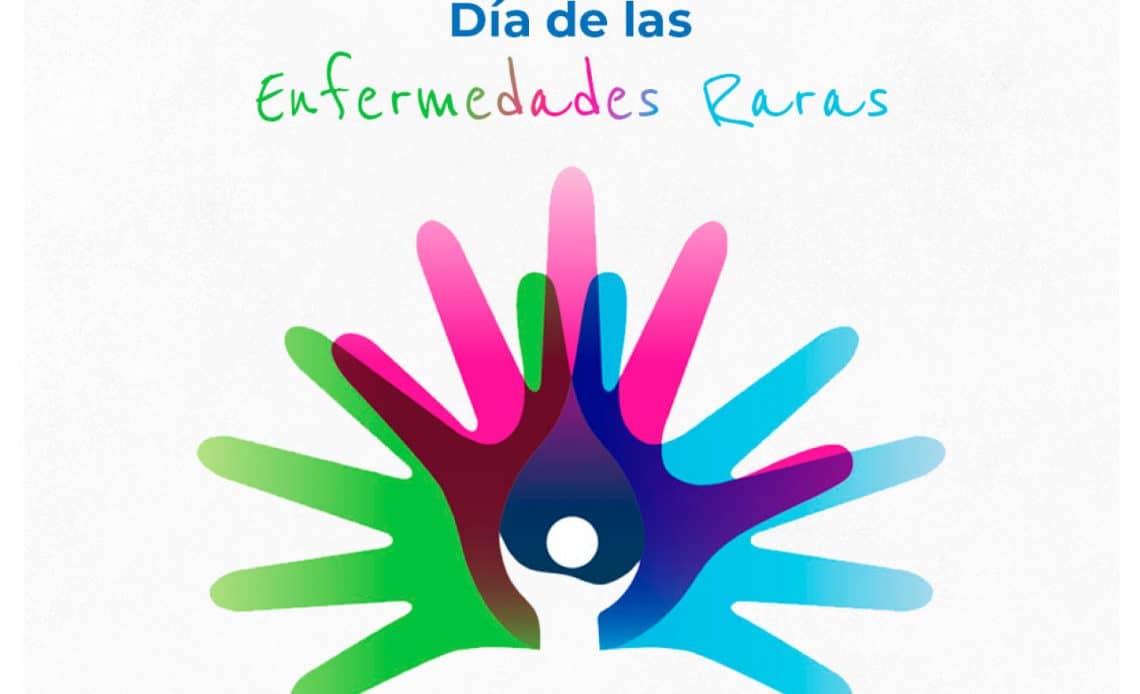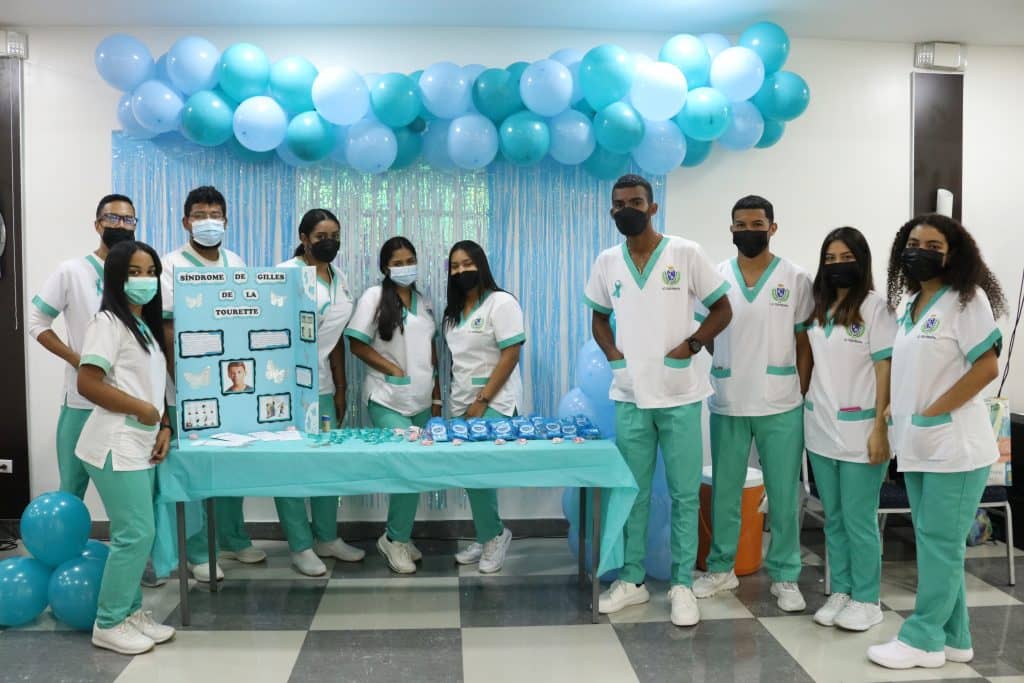"Rare Diseases" Day
This February 24 was held in the Auditorium of the Metropolitan University of Education, Science and Technology- UMECIT– A knowledge exhibition fair on the most binding rare diseases at the national level, directed through the academic development of the subject of orthopedics and traumatology, by Dr. Renán Araúz, within the Faculty of Health Sciences from the program of the Bachelor's Degree in Physiotherapy.
Within the framework of the event, five colorful stands were exhibited, where students from Physiotherapy sophomores exposed many of these rare diseases.
Rare diseases are not only rare because they are difficult to diagnose, but also because they have no cure and only 5% of them have some type of drug treatment. The management in all is multidisciplinary to improve their quality of life and confront the symptoms and sequelae that they present throughout the development of life.
Currently, there are no official statistics regarding the number of patients with rare diseases living in the country, in addition to the fact that there is an underreporting of cases, since not all patients with rare diseases have their diagnosis confirmed. And it is that diagnosing this type of disease is not easy and can take between 5 and 10 years in some cases.
The number of rare diseases depends on the degree of specificity used when classifying the different disorders. Until now, in the field of medicine, a disease has been defined as an alteration of the state of health, which presents with a unique pattern of symptoms and with a single treatment.
Some of the rare conditions that have been detected in the country are dysautonomia, hereditary angioedema, sickle cell anemia, lupus, osteogenesis and some types of cancer such as multiple myeloma, are also part of this group of ills that afflict an important part of the country's population. (Esquivel, 2022)
People affected by these diseases face similar difficulties in the search for a diagnosis, adequate information and when addressing qualified professionals. Specific issues that arise equally for all diseases relate to: access to quality medical care, general medical and social support, effective link between hospitals and GPs, as well as social integration and professional and independence.
Those affected by rare diseases are also more vulnerable psychologically, socially, economically and culturally. These difficulties could be overcome by appropriate policies.
Due to the lack of sufficient scientific and medical knowledge, many patients go undiagnosed. Their diseases are not identified. These are the people who have the most difficulty getting the right support.







